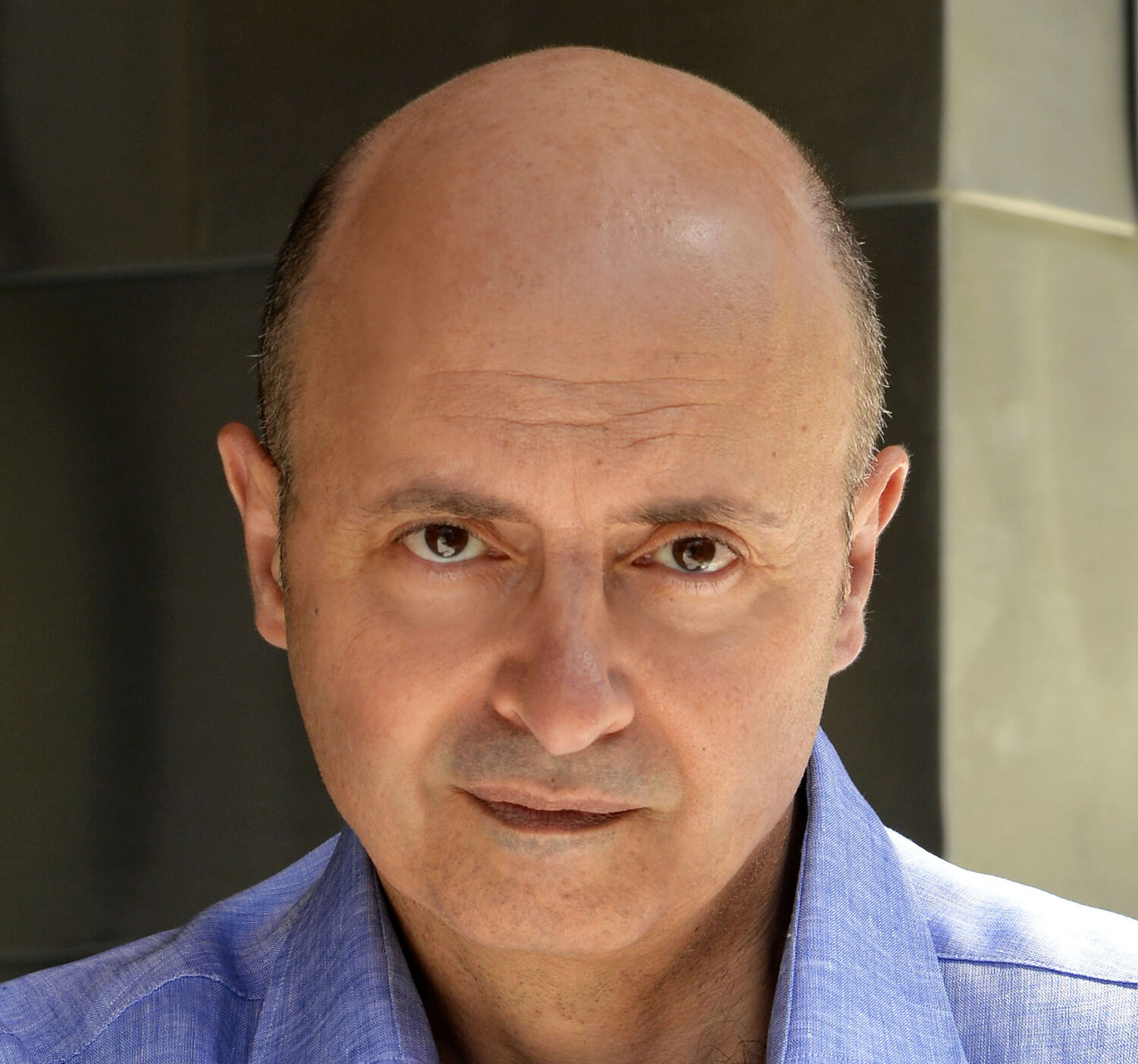I have been an avid student of globalization for over 2 decades, and while globalization has its many advantages, its pitfalls are several fold and felt on society.
Global companies are big, and for them, growth is the primordial goal. They need to open new locations and continue to introduce new products in order to continue to grow. American, Asian and European companies have perfected the art of global growth by expanding their presences everywhere there is an emerging market.I reflected on globalization during a recent trip to Italy, as I realized that the global retail brands had taken over Rome and Milan. In the apparel category, shopping areas and streets that used to be filled with small Italian artisan designer brands 15 years ago, are now supplanted by mostly American and global fashion and designer brands. The streets signs look the same as you would see in an traditional mall, with many similar brands everywhere. How many Timberland shops do you really need to see while walking 30 minutes in Rome? It seems that the old “Walmart taking over Mainstreet” phenomenon in small towns has now hit the big cities, and it’s not the work of Walmart, it’s rather death by a thousand brands.This bring us to the blockchain, and making me ponder what kinds of global organizations will it create?From what we can see today, there are 2 types of organizations that are emerging: companies that will grow the traditional way like today's global organizations do, and others that will be global via a self-effacing way of decentralized propagation.In the emerging global-traditional types, we have the likes of Coinbase, and they are easy to spot and follow. These companies will have a global footprint as they grow and expand beyond their bases.But on the other side, we have the new self-effacing blockchain organizations. These are not your typical organizations. The most visible ones at this point are protocols that enable a multitude of other projects, and some will achieve a global footprint that rivals traditional global companies.In that camp, we have Bitcoin of course, as well as Ethereum. There is no official central organization behind Bitcoin. Its growth and direction are largely shaped by the global community that touches it. Ethereum has been very much on the same path. The Ethereum Foundation did plant the seed for the Ethereum protocol, and was responsible for the initial burst of technology development around it by funding EthDev, the original “core” development group. But today, the Ethereum Foundation (and its principal creator and founder, Vitalik Buterin) are going out of their way to act like an organism that doesn't solely drive the Ethereum related agenda and activities, but rather acts more as one of its spokes, and takes much of its direction from its community. The Ethereum Foundation is doing a great job self-effacing itself in favor of a truly decentralized community with several discrete parts that move along a general directional path that is common and transparent to all.Maybe this gives a glimpse about to expect when we have more of these types of organizations, ones that are started with the specific intent of not evolving as central command and control organizations, but rather like ones that gradually step back and are comfortable being in the shadows of who they are enabling.Let's hope the blockchain generates several organizations that are well intentioned on enabling the creation of many new players, many of which will help to create others, like a distributed network of businesses that are chained with one another. For these types of organizations, they are like a nucleus that generates benefits in the exhaust of their activities.Let's hope that many independently decentralized blockchain businesses flourish and continue to shine in their originality, just like Milan and Rome used to be peppered with smaller, unique shops from independent designers that were original and creative.
